Adult Education Plays a Vital Role in Shaping Not Just Individuals, But Entire Communities
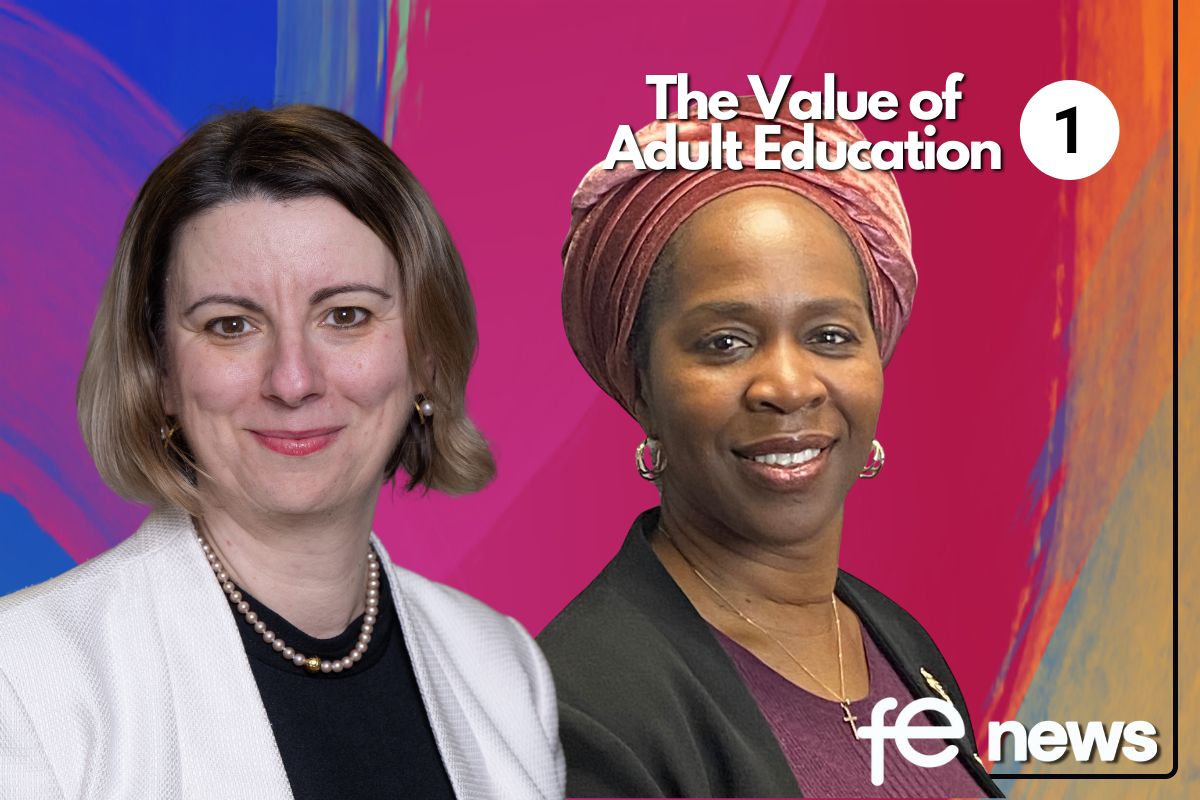
Adult education plays a vital role in shaping not just individuals, but entire communities, serving as a powerful force for social cohesion and personal growth. This article explores how adult education has historically enriched lives beyond the workplace, and continues to do so today, despite evolving policies and funding challenges. Through insights from Arinola Edeh, Principal for Westminster Adult Education Service, and Dr Katerina Kolyva, CEO at the Education and Training Foundation, we examine how adult education remains a cornerstone of lifelong learning, community engagement, and social wellbeing.
In this first article of their two-part series, Arinola and Katerina discuss the role that adult learning plays in fostering personal development, community engagement, and lifelong skills acquisition, and how its recognition and contributions have evolved over time.
Q: What role does adult learning play in fostering personal development, community engagement and lifelong skills acquisition? How has the recognition, and challenges, of its contributions evolved over time?
Arinola: “When you think about adult education, it’s the provision that gives that second, third, fourth, fifth chance to people who perhaps might not have had the best experience to start off with, or for whatever reasons their lives haven’t taken the trajectory that they had hoped for”. Arinola recognises its transformative power, saying, “It brings people back into that learning fold so that they start to understand the value that they have for themselves both personally and professionally. But they also start to understand how they might be able to improve their skills so that they can actually have a greater contribution for themselves.”
“When you think about adult education, it’s the provision that gives that second, third, fourth, fifth chance to people who perhaps might not have had the best experience to start off with, or for whatever reasons their lives haven’t taken the trajectory that they had hoped for”. Arinola recognises its transformative power, saying, “It brings people back into that learning fold so that they start to understand the value that they have for themselves both personally and professionally. But they also start to understand how they might be able to improve their skills so that they can actually have a greater contribution for themselves.”
Katerina continues by emphasising the deep historical roots of adult education:
“Sometimes we miss out on how adult education came about and the impact it made over the years. And actually, we’re talking decades if not centuries in many places.” She highlights its role in times of crisis, drawing a direct line from the past to the present: “If we think of peace programmes and the refugee-specific programmes that our adult education colleagues lead, it’s exactly the same ethos it was last century: supporting people at the most difficult time in life.”
Arinola builds upon this point and highlights the rich history of adult education in the UK, noting that its origins were not rooted in transactional goals but in broadening horizons and fostering a deeper understanding of the world:
“If you go back and you look at organisations like the Institute of Adult Learning, Working Men’s College, Morley College, we’re talking over 100 years of adult education, and the starting point of that wasn’t transactional like it has become now, where the focus is predominantly on hard outcomes like getting people into work.”
Katerina agrees that this long history reflects a core purpose beyond workforce training:
“Adult education was never conceived or designed to be just about the economy. It was designed to be about society.” This civic function, she argues, remains as vital today as ever: “In today’s society, where we’re tackling huge problems around isolation, loneliness, mental and physical health, I wonder whether adult education plays a completely new role, which is that hub of connectivity.” For Katerina, adult education has always been about more than skills – it is about resilience, belonging, and the enduring power of learning to rebuild lives.
Arinola acknowledges that policy and funding constraints have gradually narrowed this broader vision, making adult education more functional and less holistic. She calls for long-term investment to ensure stability and growth, urging a shift away from short-term cycles:
“We need to stop this reactive approach that has often not served us well. True collaboration – across government, education sectors, and communities – must be at the heart of how we allocate resources and design solutions.” Arinola also highlights the urgent need to bridge the digital divide, ensuring that all learners have equal access to technology and opportunities.
Despite these challenges, Arinola admires the sector’s resilience, acknowledging that educators continue to find creative ways to bring joy to learning despite constraints:
“Most people who work in this industry are very creative in how they still use that funding policy framework to bring creativity to life for our adult learners.” From family learning programmes to digital inclusion initiatives, Arinola stresses that adult education is about more than skills – it is about inspiring curiosity, joy, and a lifelong love of learning. “I think learning is continuous. It has to be lifelong, and it has to be life wide. We can’t have a system that limits learning – there shouldn’t be any limits to our learning.”
In the second article of this two-part series, Arinola Edeh and Dr. Katerina Kolyva explore how adult education serves as a catalyst for economic growth, social mobility, and community resilience. They highlight its role in shaping policy, addressing skills shortages, and fostering lifelong learning as a cornerstone of a thriving society.
By Arinola Edeh, Principal for Westminster Adult Education Service, and Dr Katerina Kolyva, CEO at the Education and Training Foundation (ETF)


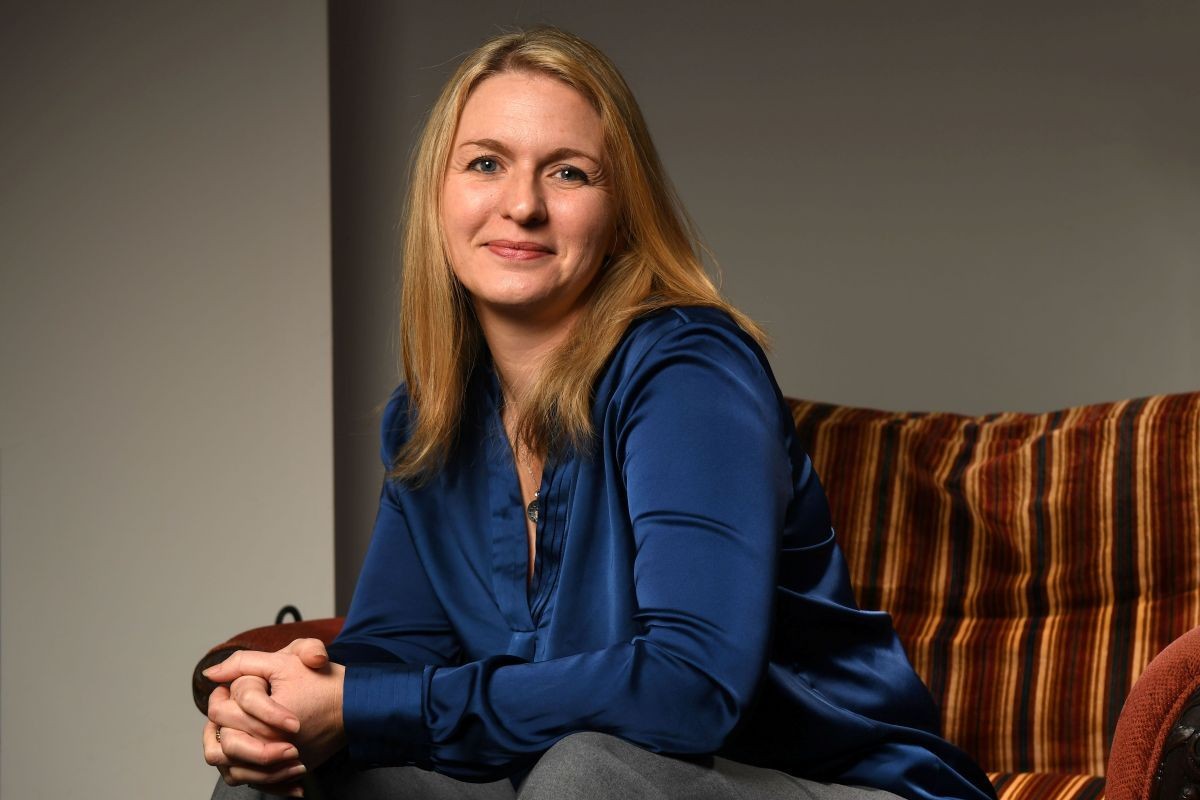
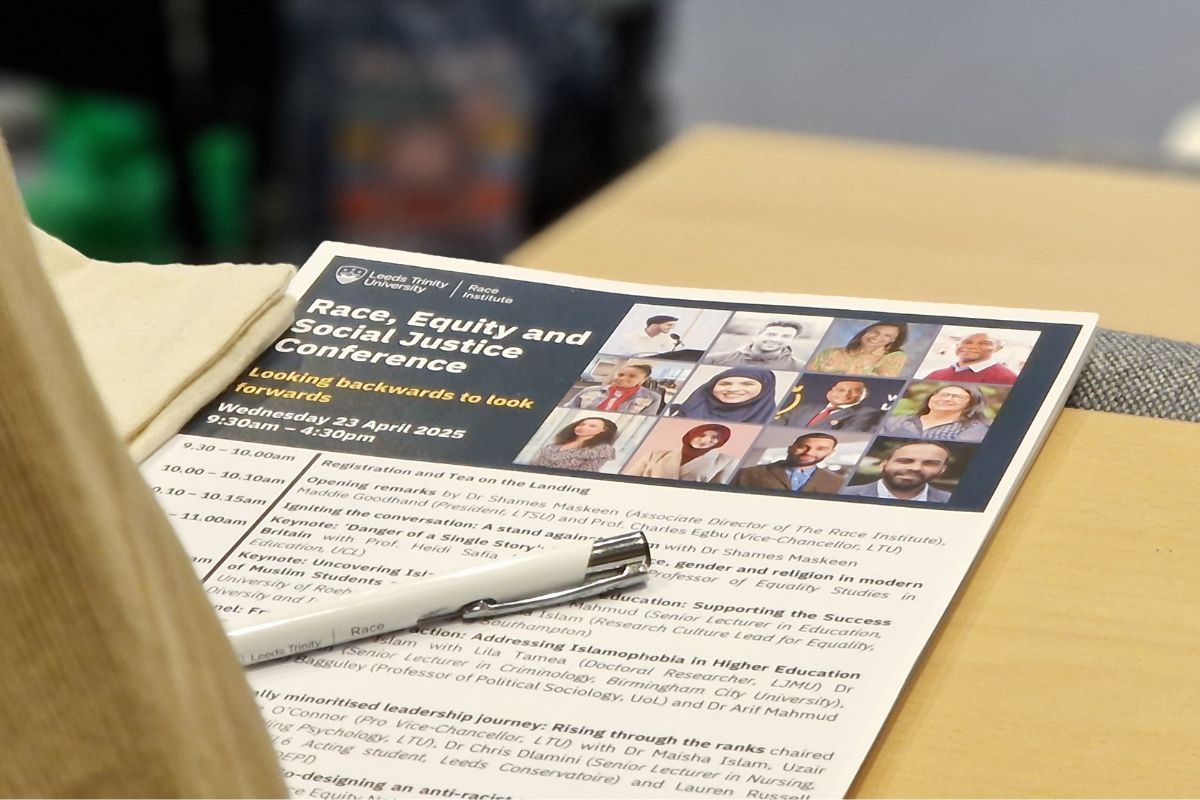


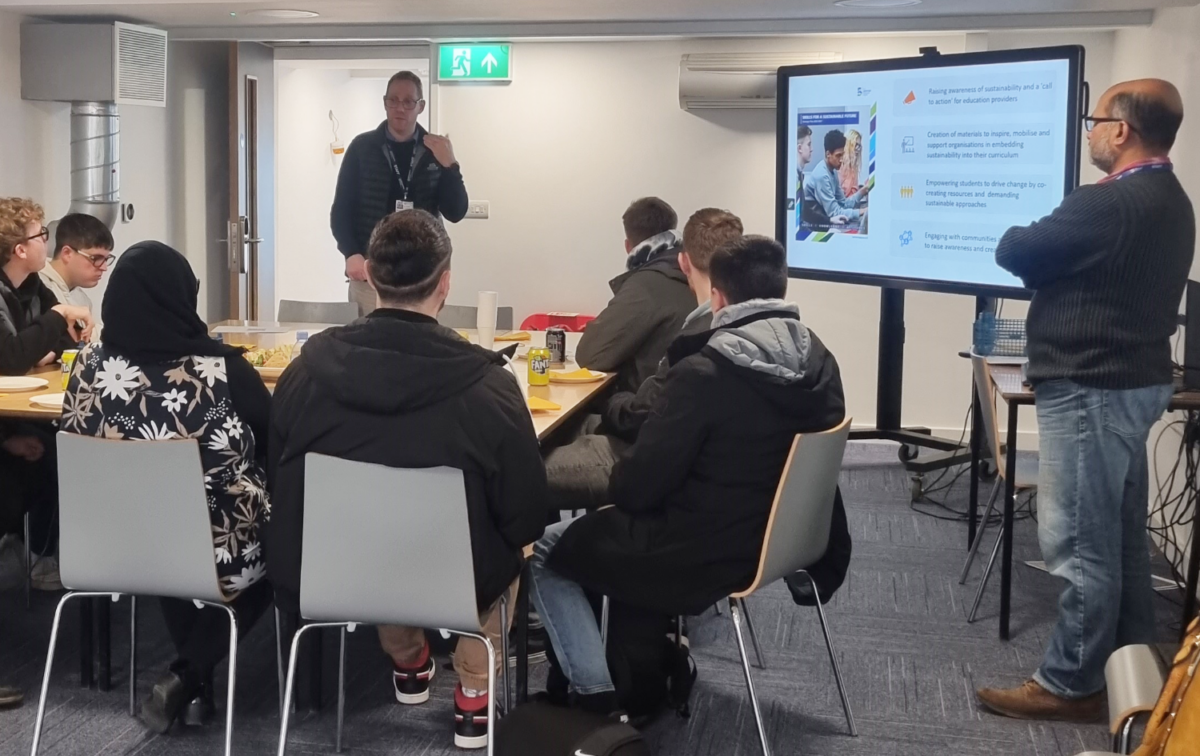
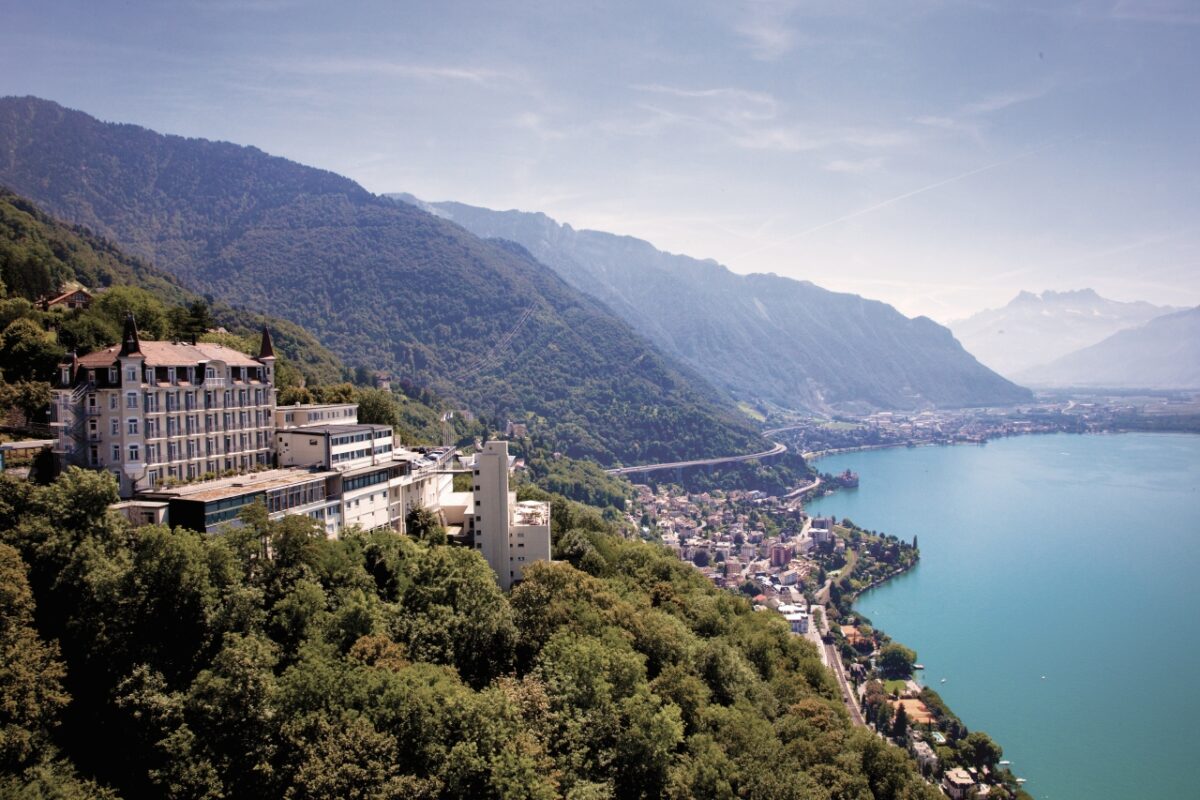
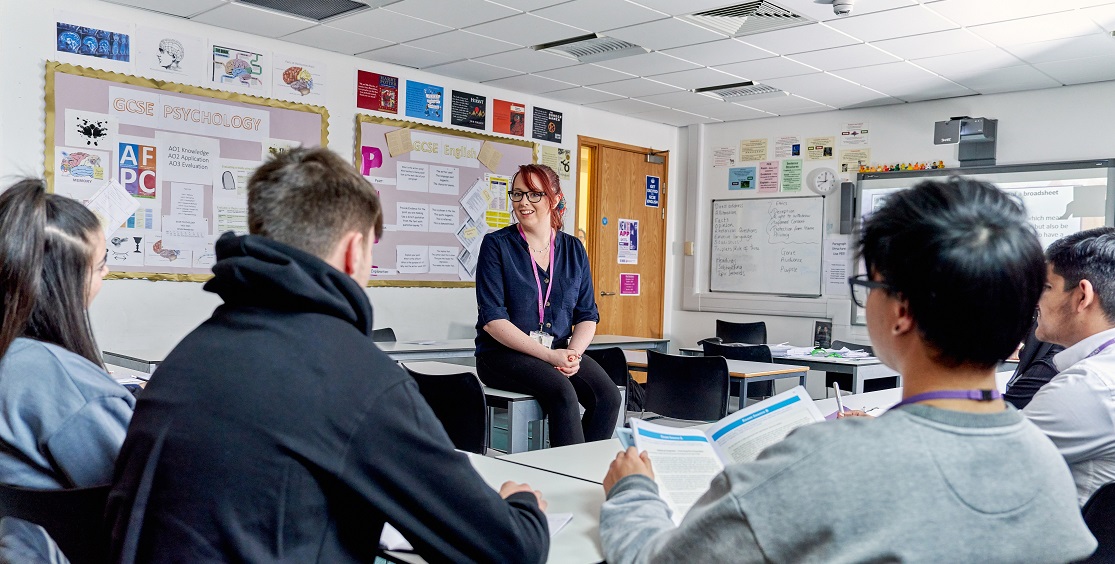

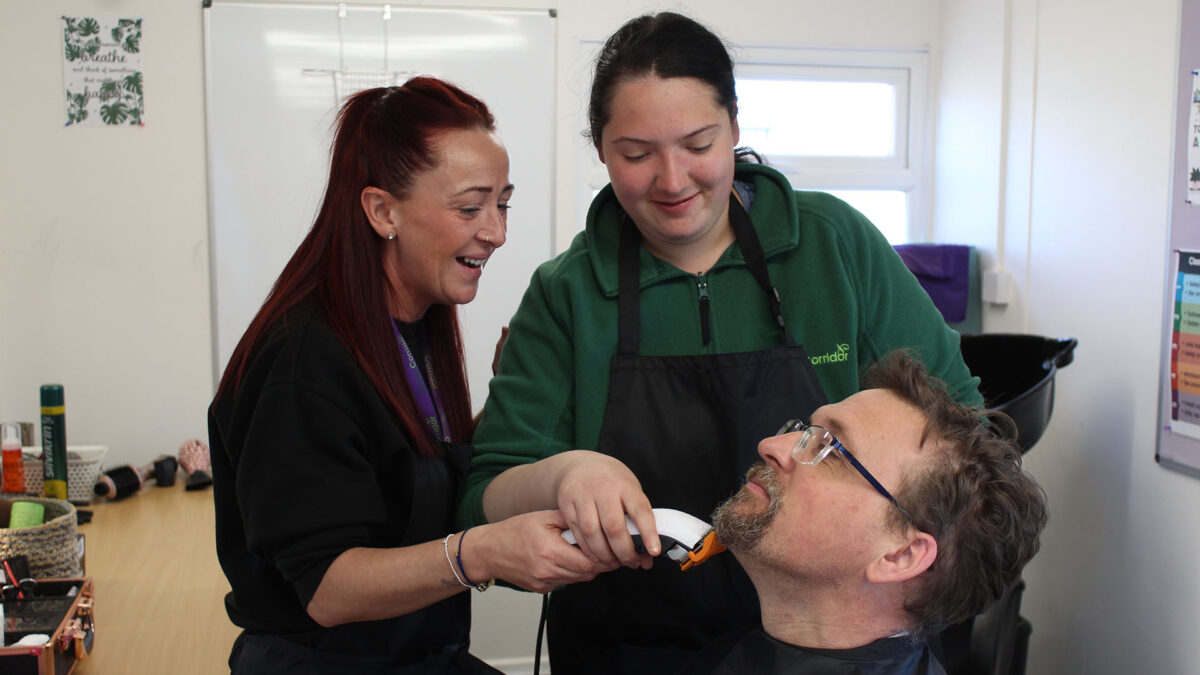
Responses